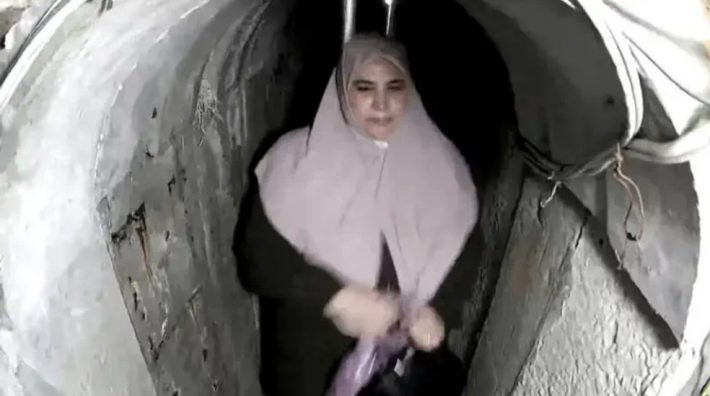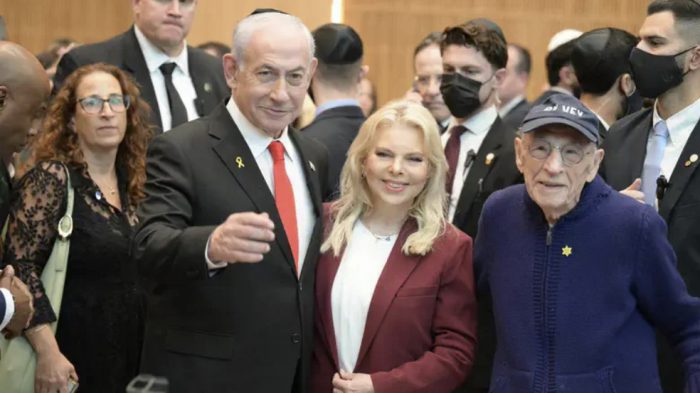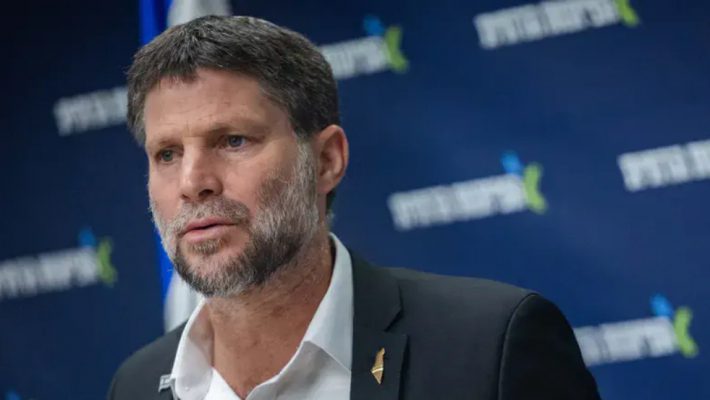Orthodox synagogues in Tel Aviv warn of a battle for their survival after Mayor Ron Huldai’s municipality demanded contracts requiring services “for all residents,” a move critics call secular coercion against Jewish tradition.
A fierce controversy has erupted in Tel Aviv, where the municipality is demanding that Orthodox synagogues sign new contracts containing a clause that leaders say contradicts halakha (Jewish law).
Mayor Ron Huldai dismissed claims that the city was targeting synagogues, calling reports “lies spread by inciters.” He insisted the clause was simply a standard municipal condition for groups using public buildings, and that it had already been “revised in coordination with synagogue administrators” through mutual agreement.
“There are hundreds of synagogues in Tel Aviv-Jaffa working in full cooperation with the municipality,” Huldai wrote. “The incitement we see now comes from ministers and MKs who seek division and hatred — they have nothing else to offer.”
⚖️ The Equality Clause Dispute
According to Yediot Aharonot, the municipality sent letters to associations managing some 130 synagogues, requiring them to sign contracts pledging to provide religious services to all neighborhood residents, regardless of age, gender, or belief.
Synagogues refusing to comply face eviction proceedings.
Attorney David Shub, representing the congregations, called the condition “outrageous,” arguing that it could force Orthodox synagogues to:
- Open prayers to other denominations or faiths
- Abolish women’s sections or gender separation
- Risk lawsuits for gender discrimination
“This is secular coercion disguised as equality,” Shub warned.
Municipal lawyers countered that if a synagogue “does not serve local residents, it can be used for other purposes,” and that any noncompliant congregation would be replaced by another operator.
🏛 Synagogues in Court
Several cases are already before the courts:
- “L’zecher Kedoshei Antopol” synagogue refused to sign and now faces eviction.
- “Tiferet Zvi” synagogue was declared a religious endowment by the Rabbinical Court to protect it, but the municipality appealed to the High Court, and the case is ongoing.
Synagogue leaders warn that if the municipality prevails, courts could even gain leverage over prayer content in the name of “neighborhood character.”
✡️ Tradition vs. Equality
Many of these synagogues date back before the founding of the State of Israel, with buildings allocated on municipal land decades ago but never formally registered. Now, leaders fear a precedent that could amount to the systematic silencing of Orthodox Jewish tradition in the city.
“If this demand passes, synagogues will face an impossible choice: loyalty to halakha or basic survival,” warned one rabbinic representative.
The Tel Aviv Municipality maintains that the clause is intended only to prevent discrimination in institutions operating on public property — not to interfere with religious practice.
But critics see it as part of a deeper identity battle over Israel’s character — between a secular metropolis and the Orthodox institutions embedded within it.





